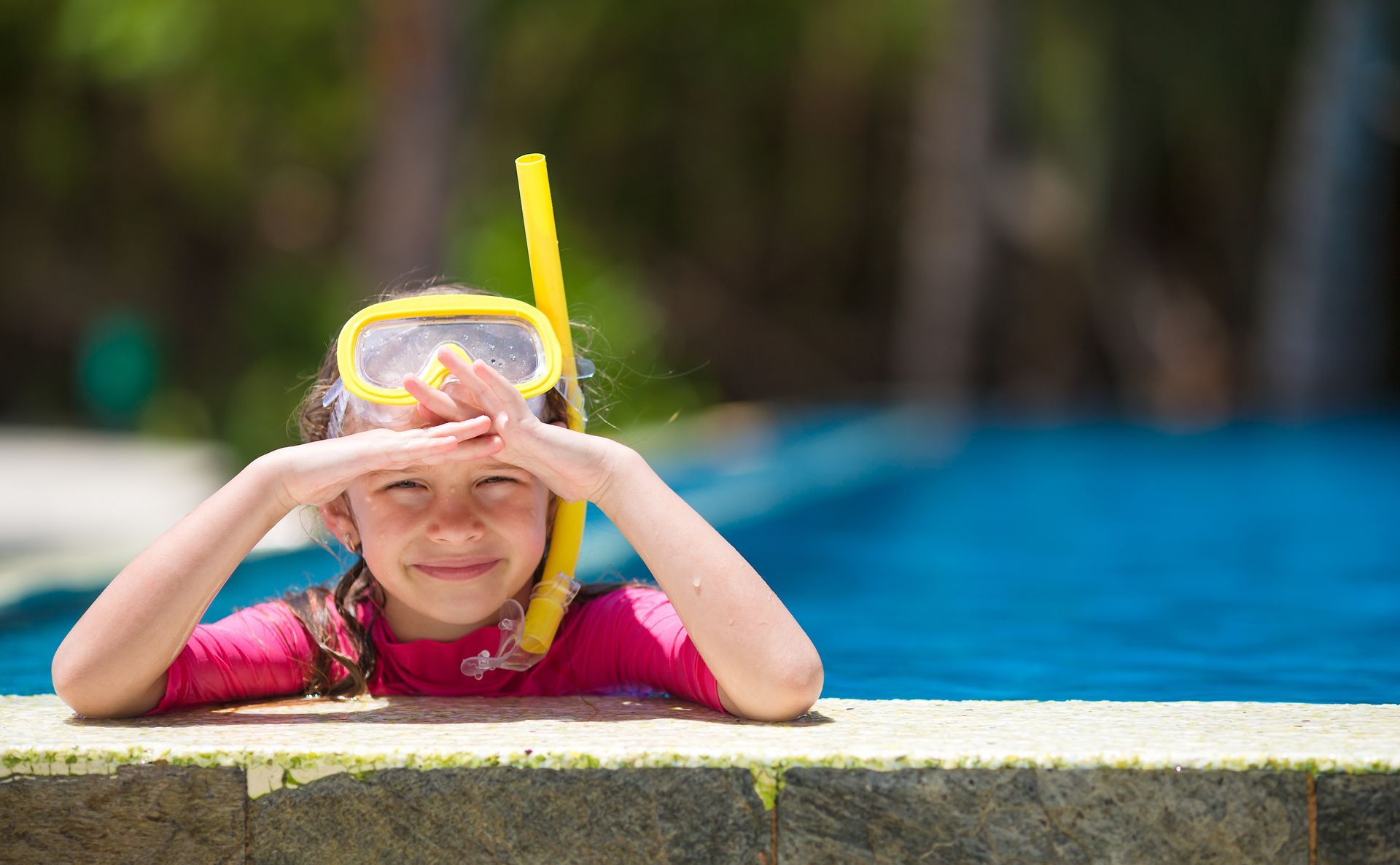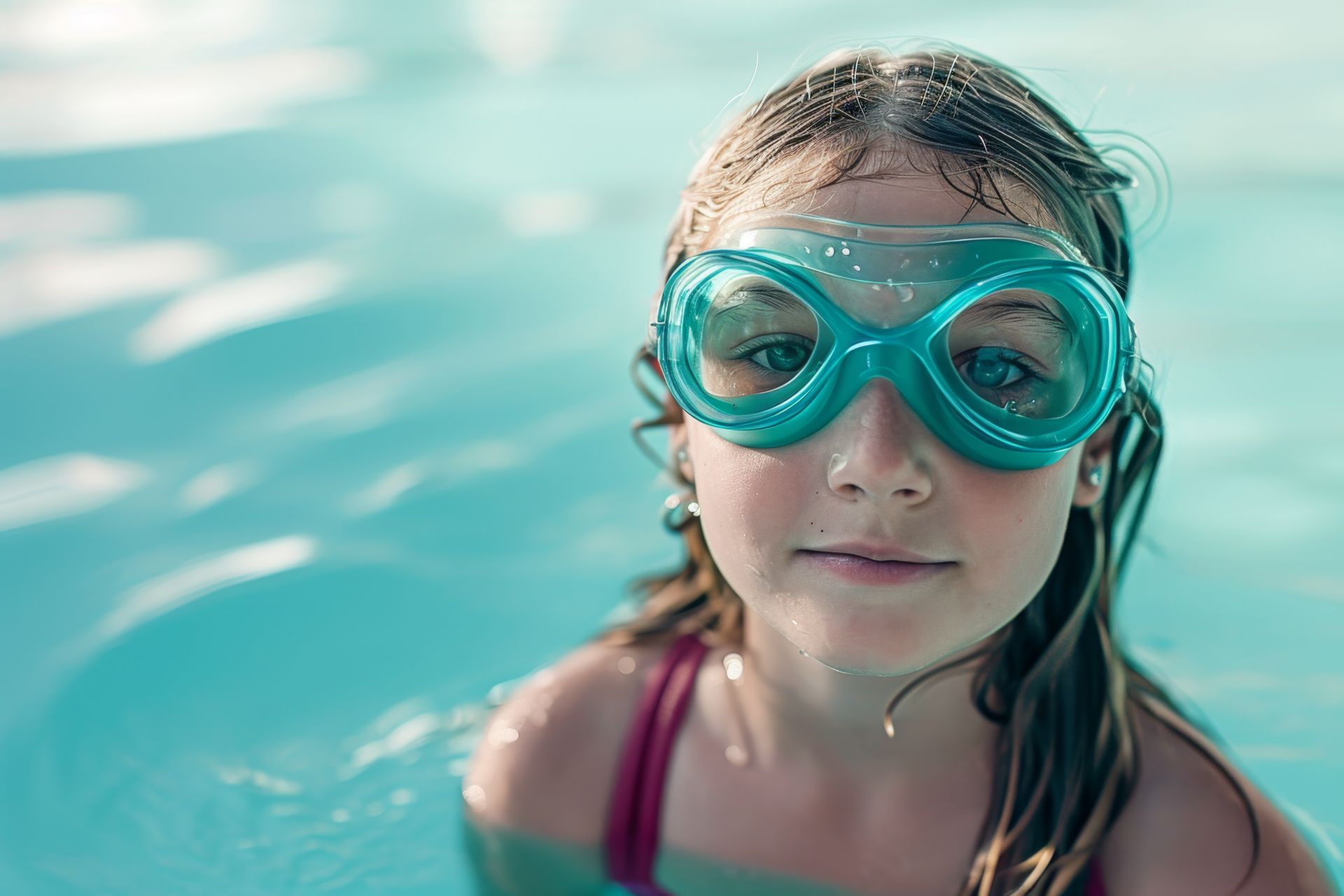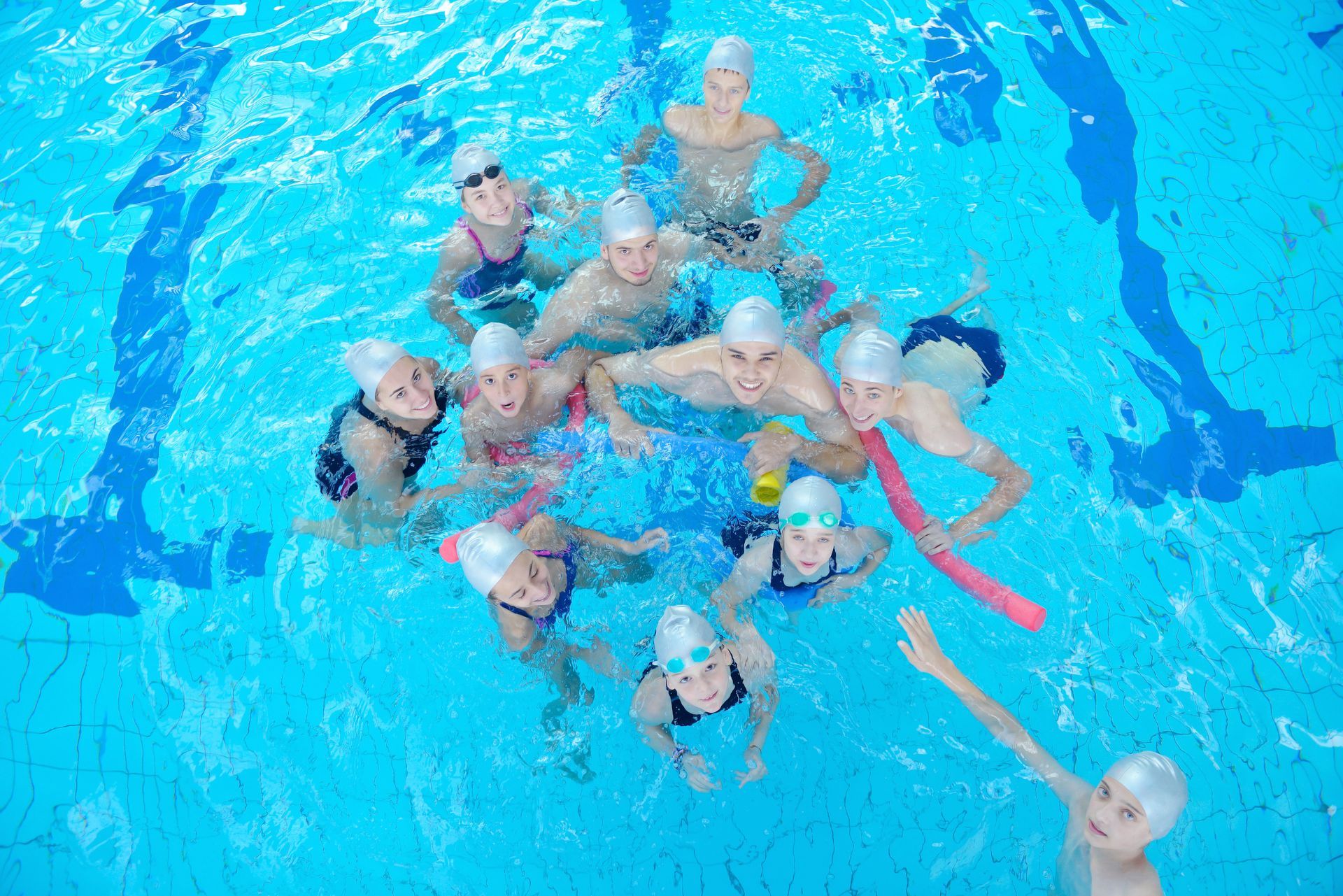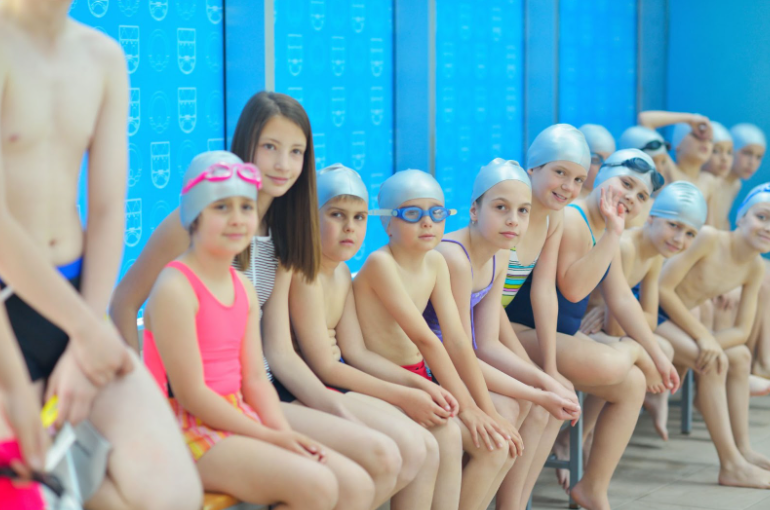Swimming & Depression: A Natural Treatment for Depression

 As
one of the most popular sports
in the US, the sport of swimming offers an array of benefits to both physical and mental health and wellness. Some of the top reasons why swimming is an all-around great sport include:
As
one of the most popular sports
in the US, the sport of swimming offers an array of benefits to both physical and mental health and wellness. Some of the top reasons why swimming is an all-around great sport include:
- It can be a low- or high-intensity cardio workout without stressing or impacting your bones or joints like running
- It helps to quickly build endurance, muscle strength, and cardiovascular health
- Not only does it help you maintain a healthy weight, but it also keeps your heart and lungs healthy, too
- It’s a great way to keep your body strong and toned
- The workout itself requires the work of nearly every muscle in your body
In addition to these perks , swimming can also be a relaxing and peaceful exercise that helps alleviate stress. Because it’s a low-impact sport, swimming can improve everything from coordination and flexibility to balance and posture. Moreover, swimming is hugely beneficial as therapy for an array of injuries and physical and mental conditions.
While the physical benefits of swimming are undeniable, many people don’t realize just how much of a positive impact the sport can have on mental health. In this article, you’ll learn how swimming is and can be used as a natural remedy for depression.
What Is Depression?
Depression, or major depressive disorder as it’s called in medical circles , is a common and serious medical mental illnesses that affects at least 16.2 million adults in the United States. Though treatable, depression causes individuals to experience feelings of sadness and/or to lose interest in activities that they’ve previously enjoyed. If gone untreated, this illness can present an array of different symptoms including:
- Feelings of sadness
- Experiencing a prolonged depressed mood
- Losing interest or pleasure in previously enjoyed activities
- Changes in appetite that cause weight loss or weight gain
- Sleeping issues – too much or not enough
- Intense fatigue or abnormal decrease in energy
- Difficulties concentrating, focusing, or making decisions
- Suicidal thoughts or thoughts of death
In order to be diagnosed with depression, patients must experience these symptoms for at least two weeks, at which point doctors typically prescribe medication to help balance out these mental and physical symptoms. While antidepressants can – and do – help reduce serious depression symptoms, it can result in many unwanted side effects like nausea, increased appetite and weight gain, loss of sexual desire, fatigue and drowsiness, insomnia, and more.
If you struggle with depression or have been treated for depression in the past, you may have experienced what many patients often do when prescribed anti-depression medication: feelings of fogginess, dizziness, or even numbness. While the medicine might be doing its job to treat depression, there are alternative means of treating this illness other than prescription drugs. Swimming, for example, is scientifically proven to be a natural antidepressant.
How Swimming Is a Natural Treatment for Depression
A study released in the British Medical Journal outlines how swimming weekly in cold water can, within four months, deem depression patients drug- and symptom-free. Though an unconventional means of treatment, scientists are finding that swimming can prove beneficial for those who struggle with depression but don’t want to be treated medicinally.
The study found that by immersing the body in cold water, the immediate cooling of the skin actually shocks the body. This shock triggers stress responses in the body. After multiple, repeated cold water exposure, the body actually adapts to the exposure in a process referred to as habituation. One of the theories behind this stress-triggered response is that swimming in cold water alters the way your conscious mind reacts to stressful situations. Instead of reacting with feelings of depression and anxiety, your body instead learns to respond in a logical and stress-free manner.
While studies are ongoing to delve deeper into water therapy for depression, swimming in general – regardless of the water temperature – can do wonders for reducing the severity of depression. Below you’ll find how swimming can have positive mental and physical effects that help to offset the symptoms of depression.
Psychological Benefits of Swimming
When it comes to swimming and depression, it’s important to take into account the physiological effects of the exercise. Hard, intense swimming workouts cause the body to release endorphins, which are the “happy, feel-good” chemicals in your brain. These endorphins counteract any fight-or-flight stress hormones by transforming them into hormones that instead help the body to relax. Furthermore, swimming is shown to boost “hippocampal neurogenesis,” or the growth of new brain cells that help prevent breakdowns during times of chronic stress.
Physical Benefits of Swimming
Like many natural remedies for depression, swimming can have profound physical effects. In order to swim, the body must complete a repetitive cycle that alternates between the stretching and relaxation of skeletal muscles, as well as a deep, rhythmic breathing pattern. These key components of swimming are similar to that of exercises like yoga and progressive muscle relaxation, which are designed to evoke a stress-free response. After ample practice, these movements become habitual and intuitive, providing the brain with a break from the unpleasantries that often fuel depressive behaviors.
If you’re struggling with how to treat depression, consider starting a regular swimming regimen as a natural remedy for depression. While the effects may not be immediate, chances are very high that you’ll experience the undeniable benefits in the long run. If nothing else, you’ll be able to practice a full-body workout that doesn’t just exercise your heart, lungs, and muscles, but also gives your brain some much-needed reprieve, too. Get started with treating your depression today by learning about these eight different styles and strokes you can use while swimming.
The post Swimming & Depression: A Natural Treatment for Depression appeared first on Swim Jim.







